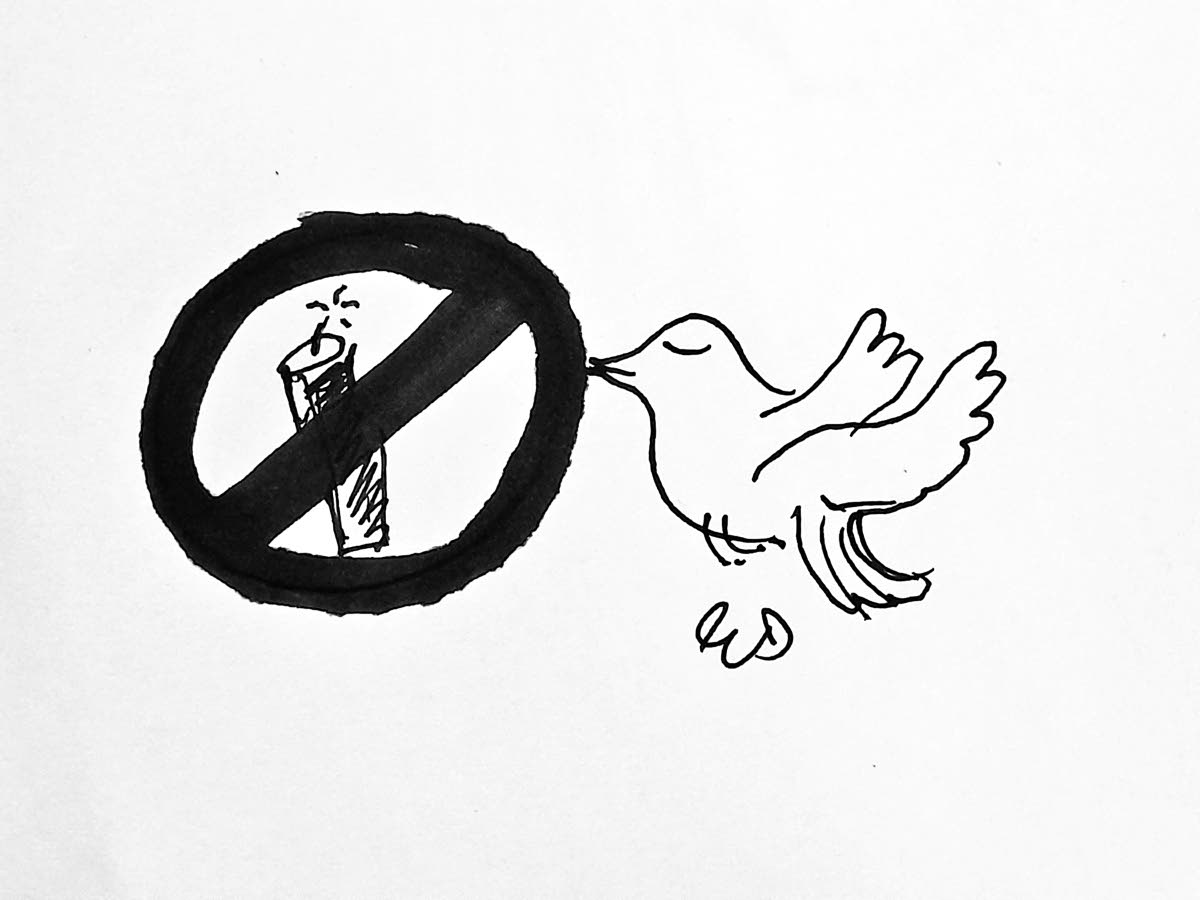On October 20, just before 4 pm, Elspeth Duncan heard what she initially thought was a vehicle backfiring near her home. Assuming it was the typical noise from drag-racing cars, she dismissed it, expecting it to cease soon. However, the persistent explosions revealed a different source: individuals bussing bamboo in preparation for Divali. The noise, though less intense than fireworks, continued for hours, distressing her dogs and prompting her to administer calming tablets before leaving the house. Upon encountering the young men responsible, she learned that the tradition, fueled by the unavailability of fireworks, would persist until 7 pm. This exchange highlighted a broader issue: the disruption caused by such activities during festive seasons. That night, the community was further disturbed by extended firework displays, leaving dogs and residents alike in distress. Efforts to contact the police proved futile, underscoring the lack of enforcement. Duncan’s reflections extended to Tobago’s aspiration to become the ‘Best Little Island on the Planet,’ suggesting that banning fireworks could be a significant step toward this goal. She also emphasized the need for a unified approach across Trinidad and Tobago, advocating for the prohibition of both the sale and use of fireworks. As the festive season approaches, with Christmas and New Year’s on the horizon, the potential for increased noise pollution looms large. Duncan called for government action, referencing the Prime Minister’s promise to address excessive noise through legislation. She concluded with a plea to hold leaders accountable, emphasizing the need for peace and quiet in a time of growing unrest.
